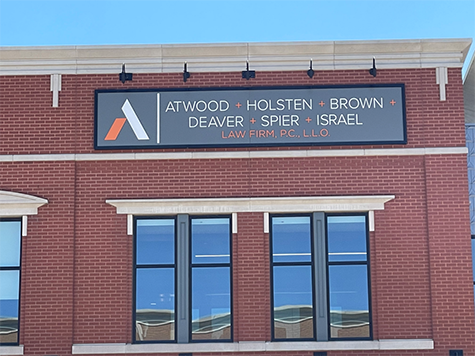One of the great moments in motor vehicle history is on the horizon: self-driving vehicles, also called autonomous vehicles, will hit the streets and likely become a societal staple. These vehicles will likely cut down on motor vehicle accidents and save countless lives, let alone myriad injuries that innocent people would suffer in wrecks that would have involved an actual driver.
But the dawn of the robot car comes with its own complications. To believe that zero motor vehicle accidents will occur after autonomous vehicles are widely accepted is asinine. There will still be accident. Even if 100 percent of the motor vehicle-driving public had self-driving vehicles, there would still be mechanical malfunctions and glitches that would cause accidents.
What will drivers do when these accidents occur? How will fault be assigned? What will their insurer say when they ask for details about the wreck? How will it affect the people involved in the crash from a legal perspective, whether it’s criminal or civil?
The answer is: it’s complicated. And it would be unfair to expect that the current laws would be able to handle every situation that involves self-driving vehicles and the crashes they may be involved in.
If there’s one guarantee, it is that confusion will reign over personal injury wrecks involving autonomous vehicles. Liability will be a concern, both on the part of the driver and the manufacturer of the vehicle or the manufacturer of the parts contained within it. These are serious issues that will become major sticking points in civil cases not if, but when self-driving cars are involved in accidents.
Source: Insurance Journal, “The Insurance Implications of Google’s Self-Driving Car,” Eli Lehrer, Right Street Blog, May 28, 2014











